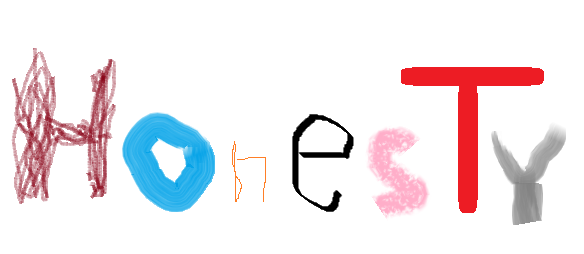OUR SEARCH FOR MEANING CONTINUES
Daniel H. Pink wrote a fascinating book, A Whole New Mind: Moving from the Information Age to the Conceptual Age (New York: Riverhead Books, 2005). I have found the work to be extremely relevant to so much of what is happening in our society today. I have been devoting several blog posts to discussing many of Pink’s key ideas and my perspectives on how they may relate to you and me daily.
In developing his thesis, Pink shares some extremely relevant ideas about the age in which we live. We are, in fact, living in an age of abundance. Automation, technology, and prosperity have taken us to the place where it is never a matter of finding an electric toothbrush. It is instead a matter of deciding which one to choose.
As wonderful as the creature comforts are, the age of abundance reveals a hidden stress. Physical or financial abundance do not translate to personal fulfillment or a sense of life purpose as Pink elaborates:
“ The paradox of prosperity is that while living standards have risen steadily decade after decade, personal, family, and life satisfaction haven’t budged. That’s why more people—liberated by prosperity but not fulfilled by it—are resolving the paradox by searching for meaning. ” (p. 35)
On the most fundamental, philosophical level, your spiritual or religious convictions and beliefs should sustain you in this search for meaning. These things drive us and support us at the core of our being. I know that mine certainly work for me. If yours are not working for you, then a reexamination of them is dearly needed.
Beyond that, on a human business level, these dynamics powerfully come into play. That is exactly what Pink is saying to support his larger argument. Everything about how we do business, run our companies, and design our products and services must reach out to this core human need for meaning:
“ In an age of abundance, appealing only to rational, logical, and functional needs is woefully insufficient. Engineers must figure out how to get things to work. But if those things are not also pleasing to the eye or compelling to the soul, few will buy them. There are too many other options. Mastery of design, empathy, play, and other seemingly ‘soft’ aptitudes is now the main way for individuals and firms to stand out in a crowded marketplace. ” (p. 34)
I predict that some companies are going to capture Pink’s message and fundamentally change the way they do business. Some companies already have made the shift. I also predict that some companies will reject Pink’s message. In so doing, they will find their undoing.
Just as every “buy” decision is emotionally based, so too, every company that builds that quality into its products and services will find more buyers. For those parties, the age of abundance will continue and so too, will a sense of meaning.










